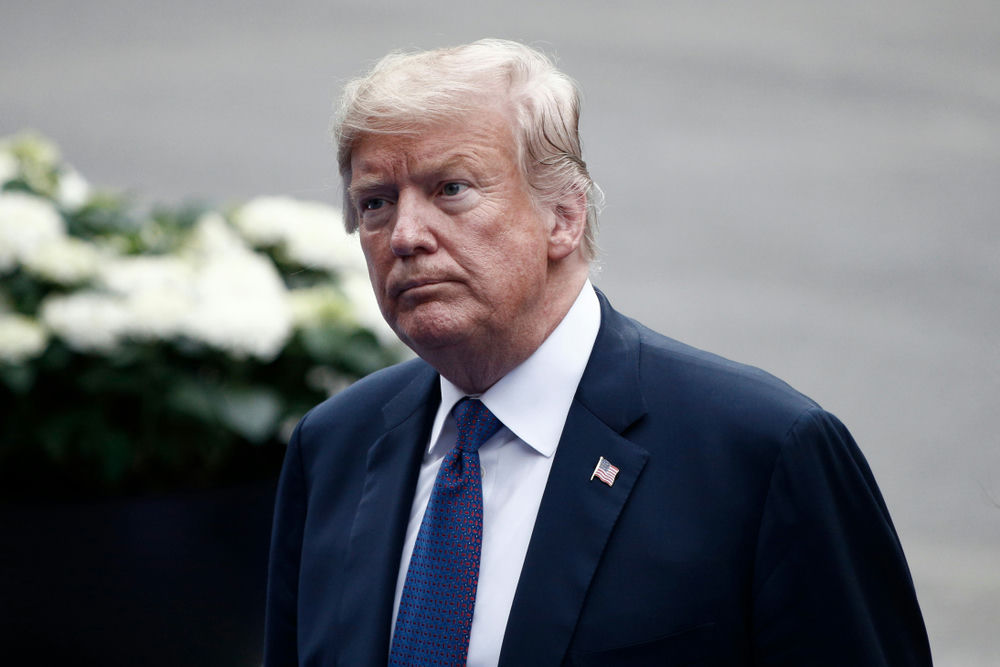What on Earth could be so sensitive in the Epstein and Maxwell grand jury transcripts that the Trump administration has to fight tooth and nail to get them released?
Trump Administration Pushes for Transparency
In an unexpected move, the Trump administration is urging federal judges to release grand jury transcripts related to Jeffrey Epstein and Ghislaine Maxwell’s sex trafficking cases. This push comes amid ongoing speculation and public demand for transparency regarding Epstein’s mysterious death and Maxwell’s conviction. The Department of Justice (DOJ) released a memo claiming no evidence of Epstein’s murder exists, nor is there an incriminating “client list.” Despite this, President Trump is keen on promoting transparency, even if it means his own name might appear in these investigation files.
Attorney General Pam Bondi briefed President Trump in May 2025, informing him of his name’s mention in these files. Trump’s administration underscores the importance of releasing this testimony to ensure accountability in this high-profile case. But what exactly will these grand jury transcripts reveal, and why is there such a fierce struggle over their release?
The Maxwell Dilemma
Ghislaine Maxwell, Epstein’s notorious associate, is now playing a high-stakes game. She’s offered to testify before Congress in exchange for a pardon or immunity. This offer raises eyebrows as it suggests she might hold valuable information about other high-profile individuals involved in Epstein’s network. However, Maxwell’s legal team insists she won’t testify without immunity, citing Fifth Amendment concerns and ongoing appeals. This conditional offer puts Congress in a tight spot, with some members considering a pardon as a potential bargaining chip for crucial information.
Congress remains divided, with Speaker Mike Johnson staunchly opposing a pardon, while Rep. Thomas Massie remains open to the idea if it yields valuable testimony. The decision weighs heavily on lawmakers as they navigate the complex web of political and legal implications surrounding this case.
Justice Department’s Stand
The DOJ, holding the key to the grand jury materials, clarified that these transcripts consist solely of law enforcement testimony, not direct accounts from Epstein, Maxwell, or alleged victims. This clarification raises questions about the actual impact of releasing the transcripts, as they might not contain the explosive revelations many anticipate.
While the DOJ maintains control over these materials, the Trump administration’s push for their release suggests an intent to challenge the status quo and promote accountability. The tension between the executive branch and Congress in this matter highlights a broader debate on the use of presidential powers and the transparency of the justice system.
Implications for the Future
The ongoing battle over the release of these grand jury materials sets a precedent for handling politically sensitive cases in the future. If Maxwell’s testimony gets secured through a pardon or immunity, it could lead to significant revelations affecting many high-profile individuals, including those in political circles. The potential fallout could be immense, reshaping public trust in institutions and altering the landscape of political accountability.
For now, the fate of the Epstein and Maxwell grand jury transcripts hangs in the balance, with the Trump administration at the helm of an unprecedented push for transparency. Whether this move leads to real accountability or becomes another chapter in a long history of political maneuvering remains to be seen.

